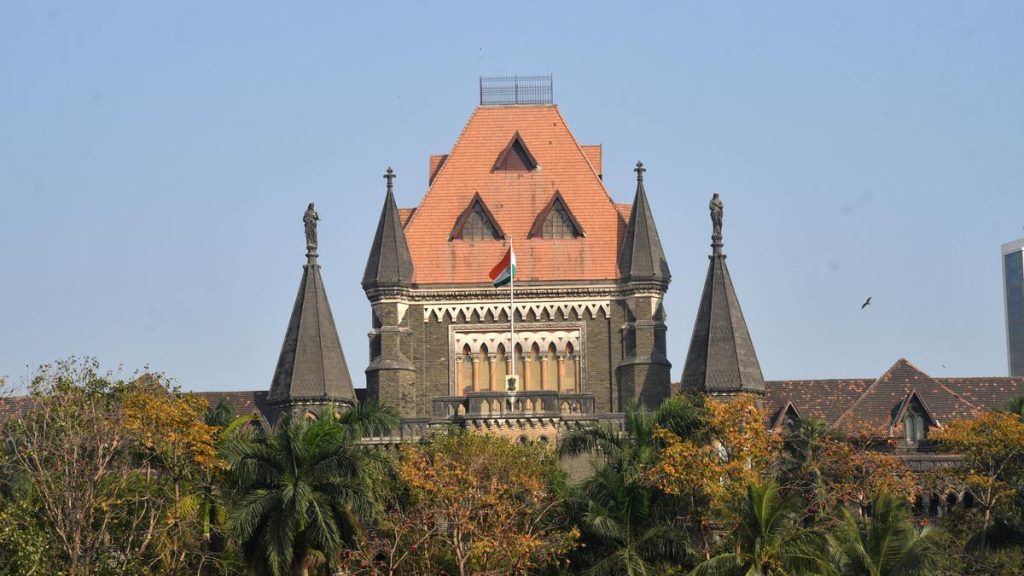Now Reading: Cabinet Clears LIFT Policy to Attract Leading IT Firms and GCCs
-
01
Cabinet Clears LIFT Policy to Attract Leading IT Firms and GCCs
Cabinet Clears LIFT Policy to Attract Leading IT Firms and GCCs

Quick Summary
- IT Sector Initiatives:
– Approval of LIFT Policy 4.0 (2024-29) to attract Fortune/Forbes-ranked firms or companies with ≥$1 billion annual revenue.
– Land offered at ₹0.99 per acre under strict eligibility criteria.
– Job creation mandates: 3,000 jobs for IT firms and 2,000 for GCCs within three years.
- Tourism Sector Developments:
– Outsourcing of 22 Andhra Pradesh Tourism Development Corporation (APTDC)-run hotels/resorts through competitive RFP.
– Operators must meet stringent financial & operational benchmarks; staff restructuring involves retaining only permanent employees with APTDC.
– Renovation responsibilities given to private operators.
- Religious Sensitivities and Land Allocation Changes:
– Cancellation of Oberoi Group’s controversial land allotment near Tirupati temple town due to public and Tirumala Tirupati Devasthanams (TTD) objections.
– Government agreed on a swap deal between APTDC land in Peruru and TTD land in Tirupati RS village.
- Energy Sector Approvals:
– ₹900 crore government guarantee for APPDCL addressing liquidity challenges due to DISCOM delays.
– Loan guarantees worth ₹4,574 crore for APSPDCL/APCPDCL smart metering & infrastructure enhancement projects.
- Administrative Updates & Media Laws Overhaul:
– Formation proposal of two mandals-Upper Y.Ramavaram and Lower Ramavaram-for governance efficiency in Alluri Sitharama Raju district.
– scrapping old media accreditation guidelines; new framework introduced as ‘Extensive A.P. Media Accreditation Rules, 2025.’
Indian Opinion Analysis
The Cabinet’s decisions showcase Andhra Pradesh’s multi-sector development focus aimed at fostering economic growth while maintaining public welfare considerations. The adoption of the LIFT Policy prioritizes attracting elite firms under strict eligibility guidelines which could bolster IT investments and job creation if compliance is rigorously monitored. Similarly, the strategic outsourcing of tourism facilities attempts to balance financial sustainability with improved service offerings but raises concerns about employee transitions requiring careful execution.
the cancellation of contentious land allotments near religious sites highlights sensitivity toward cultural heritage preservation, reflecting responsive governance amidst community concerns. Simultaneously occurring, energy-related funding approvals suggest an urgency to address power sector financing challenges vital for ongoing infrastructural upgrades like smart metering projects.Administrative bifurcation indicates proactive decentralization measures potentially enabling enhanced local governance; though, such moves need follow-up monitoring post-execution to ensure efficacy without unintended bureaucratic complications. Lastly, reforms in media accreditation rules may signal modernization efforts but require robust implementation frameworks ensuring transparency across journalistic practices statewide.
Read More: Link






















